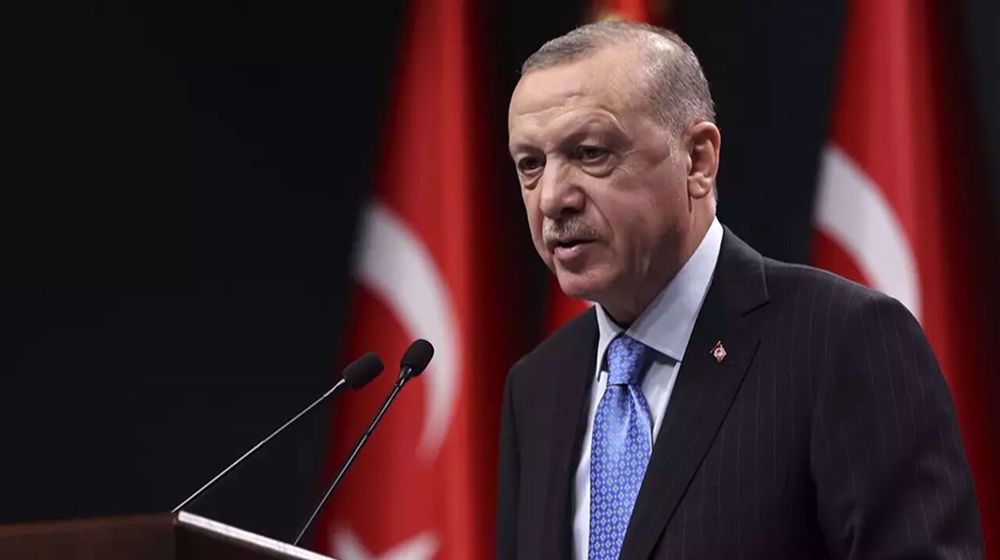India uses surveillance techniques, anti-terror law to stifle dissent in Kashmir
Shahana Butt
Press TV, Kashmir
The death of India's chief of defense staff Bipin Rawat, his wife and 11 others in a chopper crash on Wednesday made big news across the subcontinent. The report went viral on social media and received huge attention region wide.
Following the incident, a female staffer at one of Kashmir's leading banks received suspension for what was described as inappropriate reaction to a social media post about the death of the chief of defense staff.
People in Kashmir are criticizing the suspension, saying this is a violation of their rights to free speech. In the Indian-administered Kashmir, government offices and semi-government institutions have issued circulars and updated codes of conduct cautioning employees against posting anything critical of India or its rule in the region.
India is increasingly using its anti-terror law since the Hindu nationalist party BJP came to power in 2014. The government of Narendra Modi amended the anti-terror law in 2019, enabling authorities to accuse not just organizations but also individuals of terrorism. In Kashmir alone, over 2,300 people have been booked under the law since 2019. And half of them are still in prison.
Global rights bodies, including the UN, slammed India last month for arresting Kashmir's human rights activist Khurram Pervaiz under its anti-terror law. India dismissed the UN charges as baseless. But people and analysts say repressive techniques are being used to suppress dissent in Kashmir.
US vetoes Palestinian request for full UN membership
Iran sufficed to strike only part of Israel’s military positions: FM to UN chief
IRGC: Israel’s Dimnoa nuclear reactor not among Op. True Promise’s targets
VIDEO | West Asia awakens
'Stop any further Israeli adventurism,' Iran FM tells Security Council
Google fires 28 employees for protesting military deal with Israel
Burkina Faso expels three French diplomats over ‘subversive activities’
Iran slams G7 statement, vows no iota of doubt to respond to aggression









 This makes it easy to access the Press TV website
This makes it easy to access the Press TV website